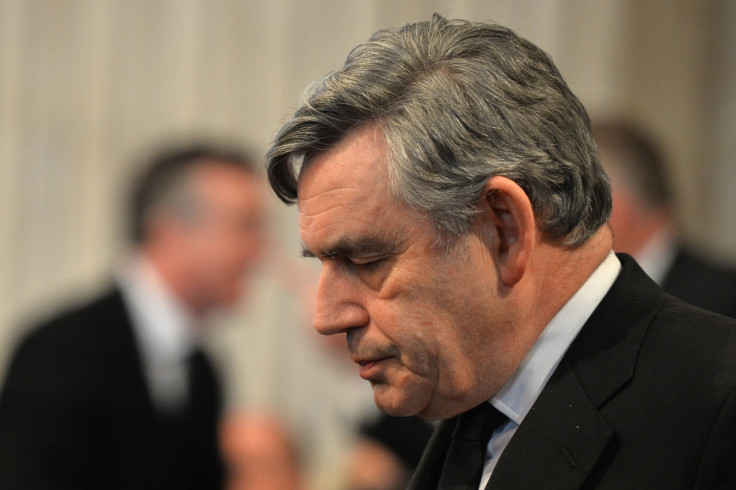Why Scottish Independence Can Lead to a £9bn Retirement 'Timebomb'

Former prime minister Gordon Brown will weigh into the Scottish Independence debate with a warning that Scotland faces a retirement "timebomb".
The Labour MP will use previously unpublished Department for Work and Pensions (DWP) figures to argue that an independent Scotland would face an overall pensioner benefit bill of more than £9bn ($15bn, €10.9bn) a year.
Brown, speaking on behalf of the Better Together campaign, will argue that the bill for pensions mount as Scottish pensioner numbers rise by 300,000 even as Scotland's working age population grows more slowly than that of the UK.
The backbencher will claim that Scotland is better off in the current pension system as the country receives £1,805 per head of the population for all pensioner benefits while the UK average is £1,725 per head.
"The whole point of sharing risks and resources across the UK is that it is right and proper that the British welfare state bears the rising cost of Scottish pensions as the number of old people will rise from 1 million to 1.3 million," Brown will say.
"It makes no sense either to break up the British system of pension payments or to set up a wholly new administrative system which the DWP costs at £1bn in the first years."
The comments come ahead of the Scottish independence in September, when voters will be asked the straight "yes/no" question: "Should Scotland be an independent country?"
Brown's Key Points on Better Together Campaign
1. Scotland pays 8% of UK National Insurance but receives "upwards of 9%" of the benefits
2. Scotland's gap between contributions and returns will rise from £425m to £700m per year over the next 20 years
3. Britain is able to "underwrite" Scotland's estimated £100bn public sector pensions bill.
4. It would cost around £1bn for Scotland to create a new pension and benefits system to accommodate independence
Source: Better Together campaign / Brown will use previously unpublished Department for Work and Pensions (DWP) figures and estimates
© Copyright IBTimes 2025. All rights reserved.






















